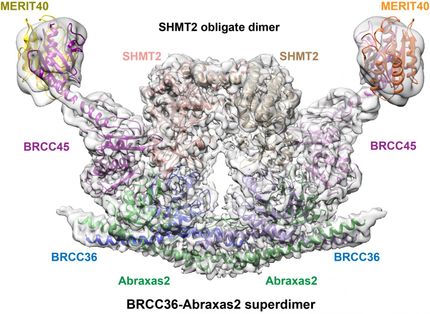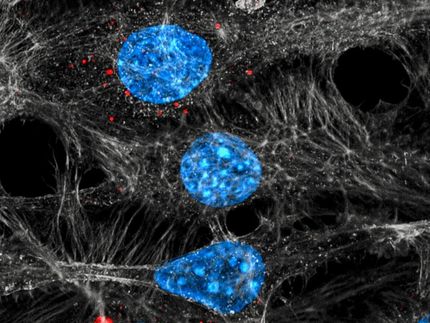Clavis Pharma Announces Recruitment of Patients in Phase II Study comparing CP-4126 with gemcitabine in pancreatic cancer
Clavis Pharma and its partner Clovis oncology, Inc. announce that the first two patients have been recruited into a Phase II clinical study comparing CP-4126 (also known as CO-1.01) with gemcitabine in the treatment of patients with pancreatic cancer. The trial is being conducted by Clovis Oncology as part of the $380 million partnership agreement signed with Clavis Pharma in November 2009. Under the terms of that agreement, Clovis is responsible for development and commercialization of CP-4126 in the US, EU and certain rest of world countries.
CP-4126 is a patented, lipid-conjugated derivative of the anti-cancer drug gemcitabine, developed using Clavis' lipid vector technology (LVT). It is designed to improve upon the efficacy of gemcitabine by enabling the drug to enter cancer cells without requiring membrane expression of transporter proteins. The entry of gemcitabine into tumour cells is dependent upon the expression of specific membrane transporter proteins, particularly hENT1. Gemcitabine is the current standard treatment for advanced pancreatic cancer, and is also used in combination with other chemotherapy agents for the treatment of other cancers, including ovarian, non-small cell lung and breast cancer. CP-4126 has been granted orphan drug status for the treatment of pancreatic cancer in the US and EU.
The Phase II trial is an international, randomised, controlled study in patients newly diagnosed with advanced, metastatic (stage 4) pancreatic cancer. The trial will enrol approximately 250 patients, across 80 centers around the world, randomised equally between the CP-4126 and gemcitabine arms. Eligible patients will have received no prior chemotherapy for advanced disease and must have metastasis biopsies available for analysis. This is the first randomized trial in pancreatic cancer to require tumour biopsies as an entry criterion, and will allow clinical outcomes to be correlated with specific molecular features of each patient's tumour.
The study will measure overall survival (OS) in prospectively-defined hENT1-low patients as the primary endpoint. Expression of hENT1 in metastatic tumour tissue will be measured during the trial and patients categorised into hENT1-high or hENT1-low groups prior to final analysis. The study is designed to show a statistically significant improvement in survival in patients with hENT1 low expression in CP-4126 compared to patients on gemcitabine.
The secondary endpoints of the study include:
- Overall survival in all patients and hENT1 high patients
- Tumour response, progression free survival and response duration
- Changes in CA 19-9, a tumour marker for pancreatic cancer
- Safety and toxicity and Quality of Life
Clovis Oncology anticipates that recruitment of this Phase II study will complete in 2011 and that it will report results from the trial in 2012.
Other news from the department research and development

Get the life science industry in your inbox
By submitting this form you agree that LUMITOS AG will send you the newsletter(s) selected above by email. Your data will not be passed on to third parties. Your data will be stored and processed in accordance with our data protection regulations. LUMITOS may contact you by email for the purpose of advertising or market and opinion surveys. You can revoke your consent at any time without giving reasons to LUMITOS AG, Ernst-Augustin-Str. 2, 12489 Berlin, Germany or by e-mail at revoke@lumitos.com with effect for the future. In addition, each email contains a link to unsubscribe from the corresponding newsletter.























































